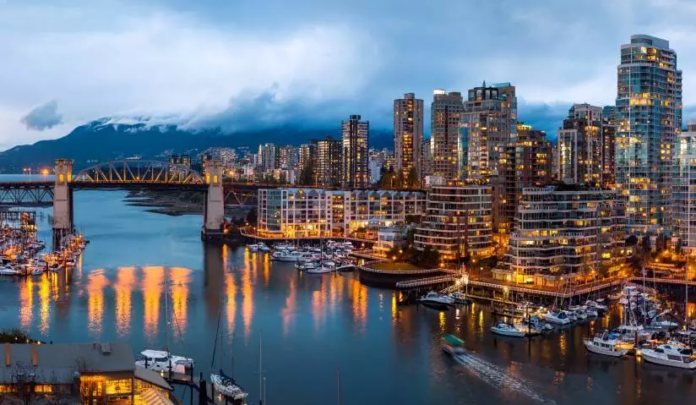British Columbia, a Canadian province, has taken the proactive step to impose a two-year ban on new post-secondary institutions from applying to enroll international students. This move comes as the province aims to eliminate “exploitative practices” that have been plaguing the education system for some time.
The Post-Secondary Education Minister, Selina Robinson, made the announcement last Monday, stating that the freeze is necessary to rectify faults in an international education system that “has not been working as well as it should.”
Robinson mentioned that the province initiated an investigation into the system in March and found issues including “poor-quality education, a lack of instructors,” and instances where students were discouraged from lodging formal complaints by certain private institutions.
Currently, British Columbia is home to 175,000 international post-secondary students from over 150 countries, with approximately 54% enrolled in private institutions. The province hosts 280 private schools, with 80% of them situated in the Lower Mainland.
In addition to the ban, Robinson also revealed that the province would be establishing minimum language requirements at private institutions to better prepare international students before coming to British Columbia. More details on these language requirements will be released in March as the work on this front is still ongoing.
Furthermore, the authorities in British Columbia plan to step up inspections of the schools to ensure that the necessary standards are being met. Robinson stressed the importance of this, highlighting that many students are being taken advantage of.
She pointed out that the fear of risking their student visas and sacrificing their families’ efforts to secure a quality education deters students from making complaints. To address this, a system for proactive evaluations of programs will be developed and implemented.

